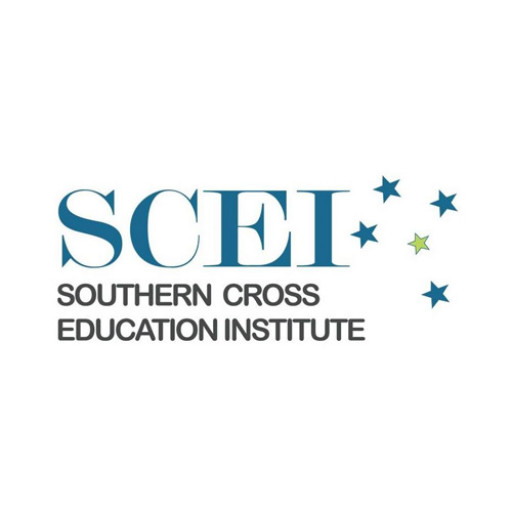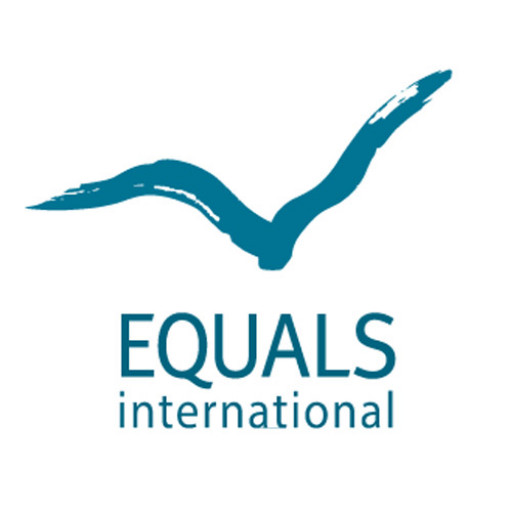The Nursing program offered by Open Colleges School of Health is a comprehensive educational pathway designed to equip students with the essential knowledge, skills, and practical experience required to excel in the nursing profession. This program is tailored for individuals who are passionate about providing high-quality patient care and making a meaningful difference in the health and well-being of individuals and communities. Throughout the course, students will explore a wide range of topics including human anatomy and physiology, patient care techniques, health assessment, pharmacology, and ethics in healthcare. The curriculum is developed in accordance with current industry standards and emphasizes both theoretical understanding and practical application. Students will engage in supervised clinical placements, allowing them to apply their learning in real-world healthcare settings under the guidance of experienced professionals. The program is designed to be flexible, accommodating the diverse needs of adult learners through online delivery and modular coursework. Upon successful completion of the program, graduates will be eligible to apply for registration with relevant nursing boards and pursue employment opportunities in hospitals, clinics, aged care facilities, and community health settings. The Nursing program also prepares students for ongoing professional development and further studies in healthcare. With a focus on compassionate caring, critical thinking, and effective communication, this program aims to develop competent and confident nurses ready to meet the challenges of modern healthcare. Whether you are starting a new career or enhancing your existing qualifications, the Nursing program at Open Colleges School of Health provides a solid foundation for a rewarding career dedicated to improving health outcomes and supporting patient needs across diverse environments.
The Nursing program offered by the Open Colleges School of Health is designed to equip students with comprehensive knowledge and practical skills necessary for a successful career in healthcare. This program provides a solid foundation in human anatomy, physiology, microbiology, and pharmacology, ensuring students understand the complex biological and chemical processes involved in patient care. Through a combination of theoretical coursework and hands-on clinical practice, students learn to assess, plan, implement, and evaluate nursing care tailored to diverse patient needs.
The curriculum emphasizes person-centered care, ethical practices, and effective communication skills necessary for working with patients, families, and multidisciplinary healthcare teams. Students are trained to perform essential nursing functions, including medication administration, wound care, vital sign monitoring, and health education. Special modules focus on responding to emergencies, managing chronic conditions, and understanding mental health concerns, preparing students for a wide range of healthcare settings such as hospitals, clinics, aged care facilities, and community health services.
Throughout the program, students engage in simulated practice scenarios to develop confidence and proficiency in their clinical skills before applying them in real-world environments. Experienced educators and healthcare professionals supervise practical sessions, ensuring students are well-prepared for national registration requirements and professional responsibilities. The program also encourages critical thinking, evidence-based practice, and ongoing professional development, fostering a culture of continuous improvement in healthcare provision.
Graduates of this program will be eligible to register with the relevant nursing board and pursue employment as Registered Nurses in various sectors. The program's flexible online delivery model allows students to balance their studies with personal and professional commitments while gaining access to high-quality education and support services. By completing this program, students commit to upholding the highest standards of care, ethical conduct, and compassion in their nursing practice, making a positive difference in the lives of the patients and communities they serve.
Program requirements for the Nursing program at Open Colleges School of Health include a combination of academic prerequisites, practical training, and technological competencies. Applicants must typically hold a high school diploma or equivalent qualification recognized in their country of residence; some programs may also specify a minimum grade point average or equivalent standard to ensure foundational academic preparedness. Prospective students are often required to demonstrate proficiency in English, usually through standardized tests such as IELTS or TOEFL, with minimum score requirements to ensure effective communication skills essential for clinical practice. Additionally, applicants may need to complete prerequisite coursework in biology, anatomy, physiology, and health sciences to ensure they possess the necessary foundational knowledge for nursing studies.
Practical training components are integral to the program, requiring students to participate in supervised clinical placements at hospitals, clinics, or community health centers. These placements aim to provide hands-on experience in patient care, medication administration, health assessment, and nursing procedures, fostering the development of critical thinking, compassionate care, and adherence to safety standards. Students might also be required to submit a health declaration, undergo immunizations, and provide police clearance or background checks to ensure safety and compliance with healthcare regulations.
Technology requirements include access to a reliable computer or laptop with internet connectivity to participate in online learning modules, virtual simulations, and coursework submission. The program may also require familiarity with specific software platforms used for course management, clinical documentation, and communication with instructors and peers. Students should be prepared to dedicate significant time to study, coursework, and clinical practice, with some programs recommending a minimum of full-time engagement to meet competency standards within a designated timeframe.
Furthermore, some cohorts may have additional criteria such as personal interviews, references, or descriptions of prior healthcare experience to assess suitability for the nursing profession. Due to the demanding nature of the program and the critical responsibilities of nursing professionals, applicants are encouraged to demonstrate empathy, resilience, and a strong commitment to public health. Overall, the program is structured to ensure students acquire comprehensive theoretical knowledge, develop practical skills, and uphold professional and ethical standards necessary for a successful career in nursing.
The Open Colleges School of Health offers various financing options for students enrolled in their Nursing programs. Prospective students are encouraged to explore government-subsidized assistance, including Vocational Education and Training (VET) funding, which can significantly reduce the cost of tuition fees for eligible students. Additionally, the institution participates in the Commonwealth Supported Places (CSP) scheme, enabling Australian citizens and permanent residents to pay reduced fees subsidized by the government. Students may also access a range of government loans, such as the Australian Commonwealth Grants Scheme (CGS), which allows students to defer fees through the Higher Education Loan Program (HELP). This program provides income-contingent loans that are paid back once the graduate reaches a certain earning threshold, making higher education more accessible.
Private financing options are also available, including payment plans offered by the Open Colleges School of Health, which allow students to spread the cost of their studies over manageable installments. Scholarships and grants specific to health and nursing students may be available, offering additional financial support to outstanding or underprivileged applicants. For international students, tuition payment options vary, and the cost of enrollment must be settled upfront unless specific scholarships or financial aid packages are awarded. The institution also provides guidance and resources to help students navigate their financing options and access government support programs efficiently.
Overall, the financing studies at the Open Colleges School of Health are designed to ensure that students can access quality nursing education without undue financial hardship, combining government subsidies, student loans, payment plans, and competitive scholarships to make their educational goals attainable.
The Bachelor of Nursing program offered by the Open Colleges School of Health is designed to prepare students for a career in the healthcare industry, focusing on providing comprehensive nursing education that combines theoretical knowledge with practical skills. This program aims to equip students with the necessary competencies to work effectively as registered nurses in various healthcare settings, including hospitals, community health organizations, aged care facilities, and clinics. The curriculum covers a wide range of topics essential for modern nursing practice, such as anatomy and physiology, pharmacology, mental health, community health, and professional ethics.
Throughout the program, students engage in both classroom learning and practical placements, which are integral to developing hands-on experience and understanding real-world healthcare environments. Theoretical components are delivered through online modules, allowing flexibility for students who may be balancing studies with work or other commitments. Practical placements are coordinated in partnership with healthcare providers, ensuring that students gain exposure to diverse clinical experiences under the supervision of qualified healthcare professionals.
The program emphasizes the development of core nursing skills, including patient assessment, care planning, medication administration, and health education. It also fosters critical thinking, communication skills, and cultural competence, which are essential for effective patient care and interdisciplinary collaboration. The program adheres to national accreditation standards, ensuring graduates meet the required criteria to register as practicing nurses with relevant professional bodies.
Graduates of the Bachelor of Nursing program are prepared to enter the workforce as competent, compassionate, and ethical healthcare providers. They are equipped to adapt to the evolving healthcare landscape, incorporating evidence-based practices and technological advancements into their work. The program additionally provides a foundation for further specialization or postgraduate studies in fields such as midwifery, mental health, or aged care nursing.
Overall, the Open Colleges School of Health’s Bachelor of Nursing offers a rigorous and flexible pathway into the nursing profession, combining the convenience of online study with valuable clinical experience, aimed at developing skilled healthcare practitioners ready to make a positive impact in their communities.









